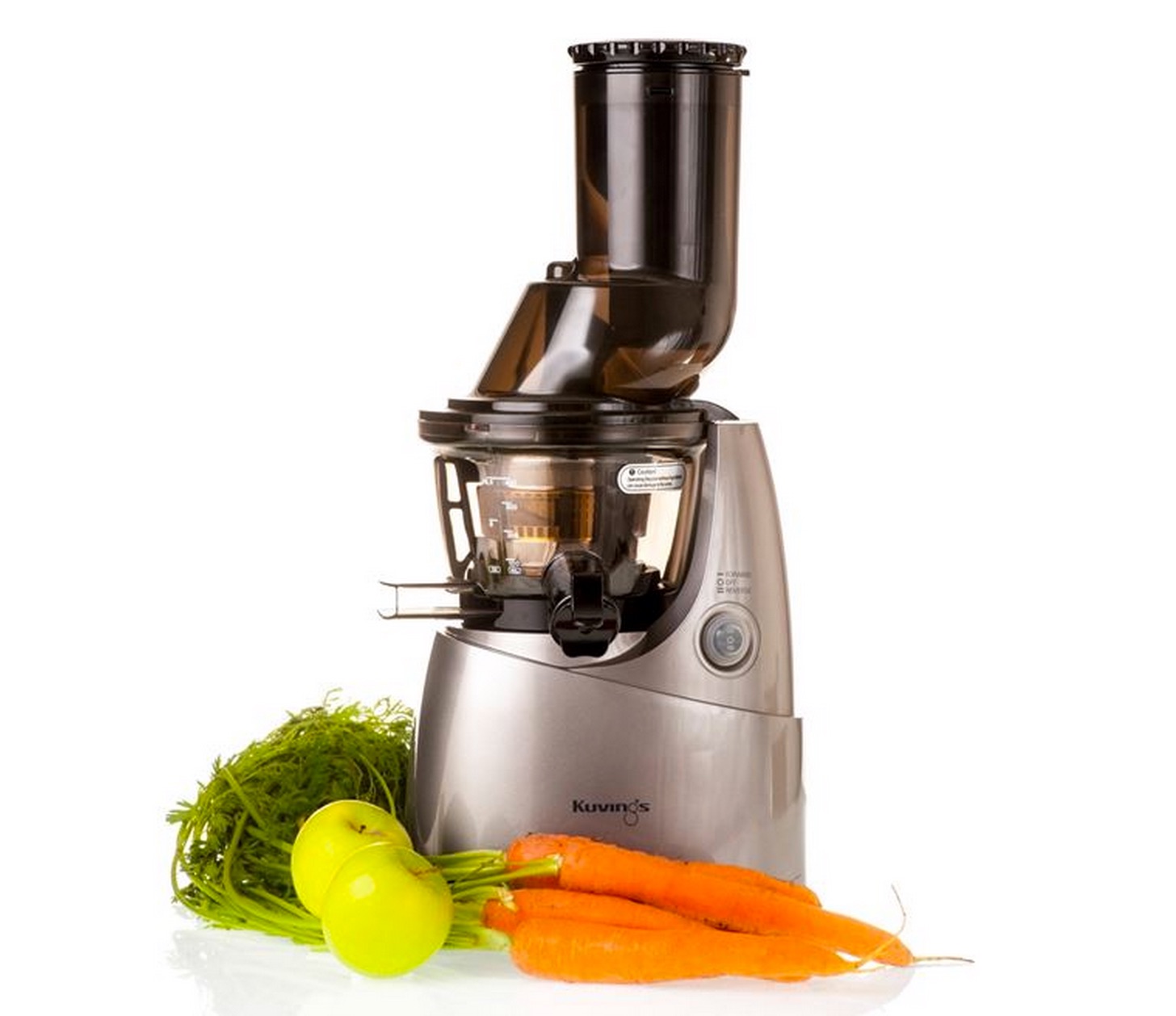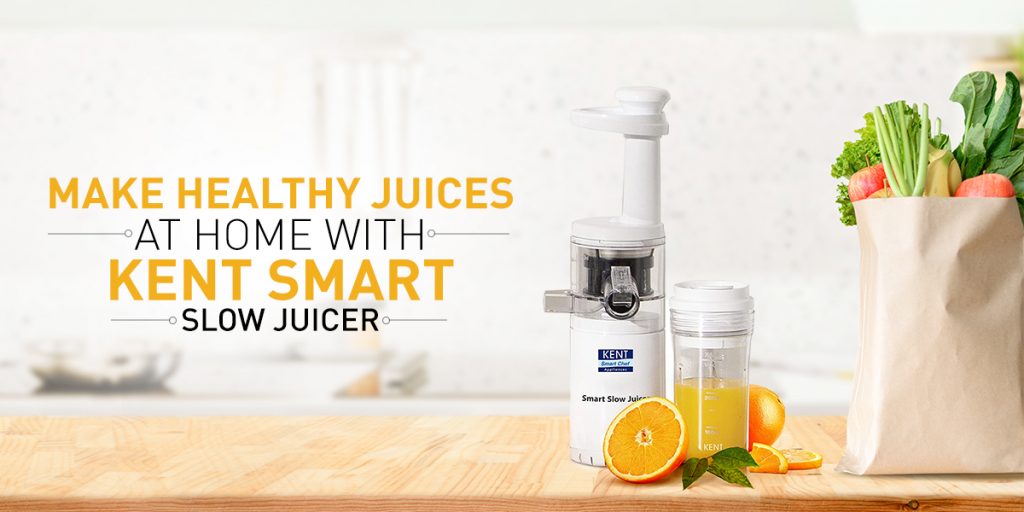If you’re looking to invest in a juicer, you may be wondering whether a slow juicer is the right choice for your health. Slow juicers are becoming increasingly popular, as they are believed to be healthier than other types of juicers, such as centrifugal juicers. In this article, we’ll explore the potential health benefits of slow juicers, and how they compare to other juicing methods. Read on to learn more about whether slow juicers are the healthier choice for your juicing needs.
Slow juicers are considered healthier than regular juicers because they don’t use blades to cut the fruits and vegetables. Instead, they use a slow-spinning auger to press and squeeze the juice out. This process retains more of the natural vitamins, minerals, enzymes, and other nutrients that are found in the fruits and vegetables. Slow juicing also produces less foam, less heat, and less oxidation of the juice, which helps to preserve the flavor and nutrients.
Are Slow Juicers Healthier?
Juicing has become an increasingly popular trend in recent years, with many consumers turning to juicers as a way to get their daily vitamins and minerals in an easy and convenient form. But when it comes to juicing, not all juicers are created equal. Slow juicers, also known as cold press juicers, are often touted as the healthier juicing option, but is this actually true? Let’s take a closer look at the benefits of slow juicers, and how they compare to other types of juicers.
What is a Slow Juicer?
Slow juicers are a type of juicer that uses a cold press method to extract juice from fruits, vegetables, and herbs. Instead of relying on high-speed blades to grind up the produce, slow juicers use a slow-turning auger to slowly squeeze the juice out, preserving the natural nutrients and enzymes. This type of juicer is often more expensive than other types of juicers, but it is also considered to be the healthier option.
The Benefits of Slow Juicers
The biggest benefit of slow juicers is that they are able to preserve more nutrients and enzymes than other types of juicers. This is because the cold press method does not generate as much heat, meaning that the natural nutrients and enzymes remain intact. Additionally, the slow squeezing action helps to retain more of the flavor and color of the produce, which can make the juice taste better and look more appealing.
Slow juicers are also better for the environment than other types of juicers. Since they use less electricity, they are more energy efficient, and they produce less waste as there is no need to discard the pulp that is produced.
The Drawbacks of Slow Juicers
The main drawback of slow juicers is that they are more expensive than other types of juicers, and can be difficult to find in stores. Additionally, the slow squeezing process can take longer than other juicers, meaning that it may not be the best option for those who are in a rush.
Which Juicer is Right for You?
When deciding which type of juicer is right for you, it is important to consider your needs and budget. If you are looking for a healthier option that preserves more of the natural nutrients and enzymes, then a slow juicer is probably your best bet. However, if you are on a tight budget or are looking for a quicker option, then a traditional juicer may be a better choice.
Types of Slow Juicers
There are several different types of slow juicers available on the market, ranging from masticating juicers to centrifugal juicers. Masticating juicers use a single auger to slowly squeeze out the juice, while centrifugal juicers use a spinning blade to quickly grind up the produce. Additionally, there are also twin-gear juicers, which use two augers to simultaneously squeeze out the juice.
Cleaning and Maintenance
A key factor to consider when purchasing a slow juicer is how easy it is to clean and maintain. Many slow juicers are designed to be disassembled for easy cleaning, and some even come with special cleaning brushes or tools to help get the job done. Additionally, some slow juicers are dishwasher-safe, making them even easier to clean.
Conclusion
When it comes to juicing, there are a variety of options available, from traditional juicers to slow juicers. Slow juicers are often considered to be the healthier option, as they are able to preserve more of the natural nutrients and enzymes, as well as produce less waste. However, they can also be more expensive and take longer to produce juice than other types of juicers. Ultimately, it is important to consider your needs and budget when deciding which type of juicer is right for you.
Frequently Asked Questions
Are Slow Juicers Healthier?
A slow juicer is an appliance designed to extract juice from fruits and vegetables. This type of juicer operates at a much slower speed than traditional juicers and is often touted as the healthier option.
What Are the Benefits of a Slow Juicer?
The main benefit of a slow juicer is that it is able to extract more juice from fruits and vegetables than a traditional juicer. This is because the slow juicer operates at a much slower speed, allowing it to break down the produce more thoroughly. Additionally, since the juicing process occurs at a lower speed, the resulting juice retains more of the nutrients and healthy enzymes found in the produce. This means that the juice produced by a slow juicer is typically richer in vitamins, minerals, and other beneficial compounds.
Are Slow Juicers More Expensive?
Generally speaking, slow juicers tend to be more expensive than their traditional counterparts. This is due to the fact that slow juicers are typically made with higher-quality materials and components, which increases the cost of production. However, the long-term cost savings associated with more nutrient-dense juice may be worth the initial investment for some consumers.
Do Slow Juicers Take Longer?
Yes, slow juicers typically take longer to extract juice from fruits and vegetables than traditional juicers. This is because the slower speed of the juicing process requires more time to break down the produce. However, some slow juicers come equipped with a motor that can speed up the process, allowing for faster juicing times. Additionally, some slow juicers come with multiple speeds, allowing the user to adjust the speed of the juicer to suit their needs.
Are Slow Juicers Easier to Clean?
Yes, slow juicers tend to be easier to clean than traditional juicers. This is due to their simple design and the fact that they usually produce less pulp and residue. Additionally, many slow juicers come with dishwasher-safe parts, making them even easier to clean and maintain. However, some slow juicers require more manual cleaning, such as the removal of produce residue from the inside of the juicer.
Juicing or Blending…The Healthiest for Your BODY! Dr. Mandell
In conclusion, slow juicers are undoubtedly healthier than standard juicers. This is because slow juicers are able to extract more nutrients from fruits and vegetables, resulting in a higher nutritional content of the juice. Additionally, slow juicers can help preserve the natural enzymes and vitamins found in fruits and vegetables, contributing to a healthier lifestyle. Therefore, if you are looking for a healthier juicing option, a slow juicer may be the right choice for you.




